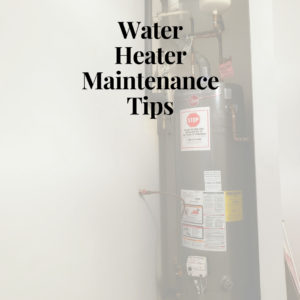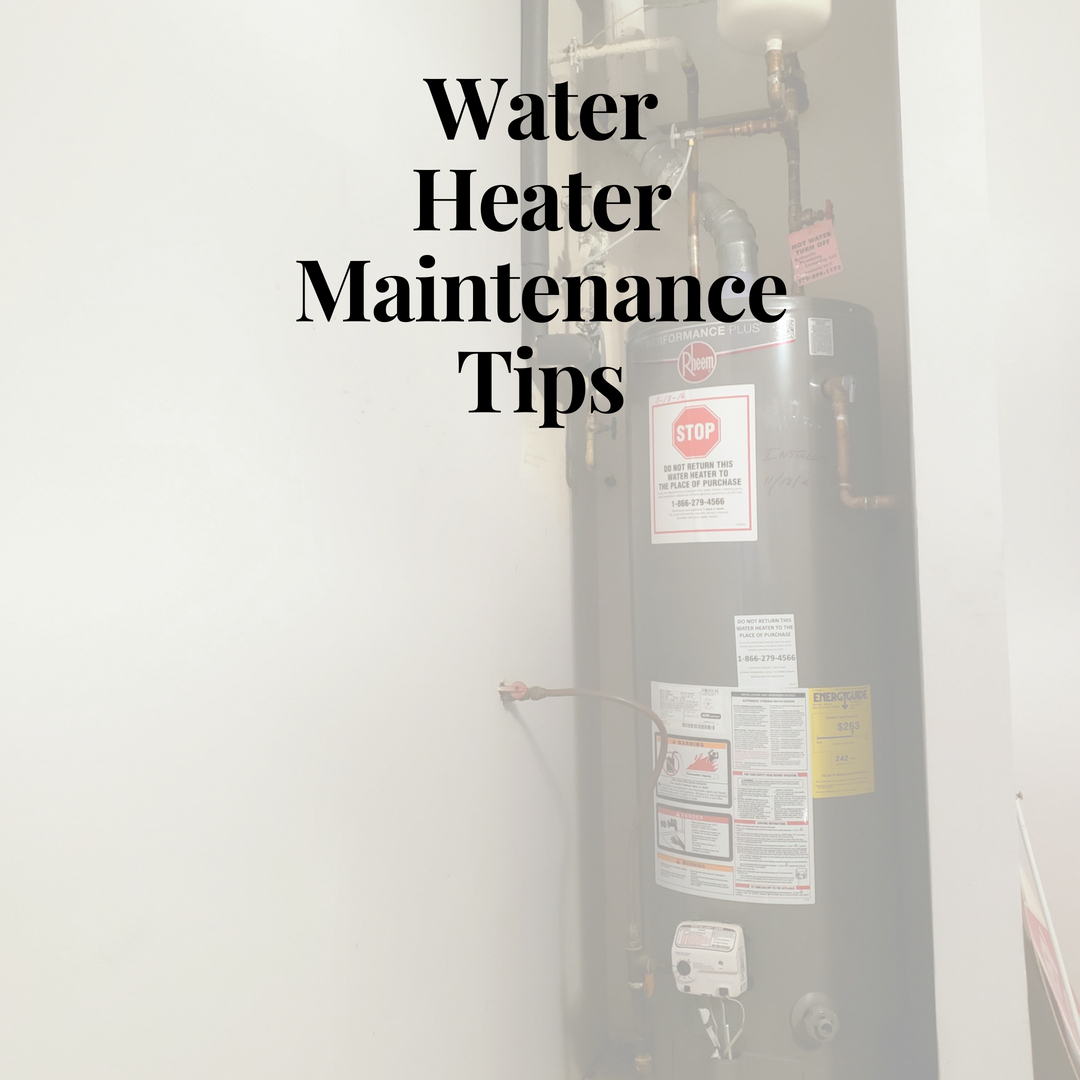 If you’re like most savvy homeowners, one of your main goals is to maintain appliances as long as possible before the need to replace forces a new purchase. Plumb Doctor LLC has years of experience with maintaining and installing water heaters in the Atlanta area, so we’ve asked them a few questions on how to maintain your water heater to get the most out of your investment.
If you’re like most savvy homeowners, one of your main goals is to maintain appliances as long as possible before the need to replace forces a new purchase. Plumb Doctor LLC has years of experience with maintaining and installing water heaters in the Atlanta area, so we’ve asked them a few questions on how to maintain your water heater to get the most out of your investment.
How long does an average water heater last?
According to manufacturers’ information, the average life expectancy of a traditional tank-style electric or natural gas water heater is around eight to ten years. Some estimates show that electric water heaters may last slightly longer – up to 15 years. Years can be added or subtracted, however, based on weather, the unit’s design, its original installation, and the level of maintenance the unit has been given. Plumb Doctor advises homeowners to take preventative steps seriously; yearly maintenance can keep water heaters running four to five years longer than normal.

How to maintain a water heater
The first step in providing the appropriate maintenance is an annual inspection by a professional plumbing company. When managing electricity or gas with water, you’ll want to insure that repairs and installations are completed by thoroughly trained, licensed, and insured technicians. According to the American Society of Plumbing Engineers, a water heater “is one of the most dangerous appliances in a building and there are many things that can go wrong if a water heater is replaced and there is an error in the installation. There can be water leaks that can cause water damage and mold, there can be gas leaks that can cause explosions and fires, there can be flue gas leaks that can lead to carbon monoxide asphyxiation or a fire, and there are hot water temperature controls that can cause scalding or allow Legionella bacteria growth.”
According to Energy Star, “water heaters are the second highest source of energy usage in the home” behind air conditioning units (www.energystar.gov). Selecting the right equipment can help you save on energy costs. For a new residential water heater, consider gallon capacity (40-gallon and 50-gallon are most common), the recovery rate (gallons of water that will be heated in an hour), dimensions (will it fit?), and its energy efficiency rating.
What to expect during a maintenance visit
The majority of work will take place during the process of draining and flushing the unit. This should happen at least once a year. A technician will test the temperature-pressure-release valve (this valve stops the tank pressure from climbing too high). Next, a technician will drain the heater and stir up sediment by opening the cold-water supply valve. He or she will repeat this process is until the water runs clear.
Excessive sediment is important to remove, as it will not only cause the tank liner to crack, it will coat the anode rod with calcium and allow it to corrode. The anode rod is used to slow down corrosion inside the tank and extend the life of your water heater, and should be replaced if it’s less than ½ inch thick or covered. A technician can also adjust your thermostat to a recommended 120 degrees. This prevents the tank from overheating and causing damage. Looking to save even more on energy costs? A technician can help you with that too. By lowering your water temperature by 10 degrees, you may save up to 5% on utility bills! Enclosing hot- and cold-water pipes with foam pipe insulation will preserve water temperatures as well.
When should you replace a water heater?

Age is not always a prime indicator for appliance replacement, but it does warrant evaluation if you are investing in more repairs as the unit ages. If your water heater is more than ten years old, it could be on its last legs. Other signs that a water heater replacement is in your future: if it operates intermittently, produces rusty water (a qualified plumber can tell you whether you have a rusty tank or the issue is in the pipes), it makes rumbling noises (which may be caused by hardened sediment in your tank), or it leaks.
Thanks to Kudzu.com for this article.




